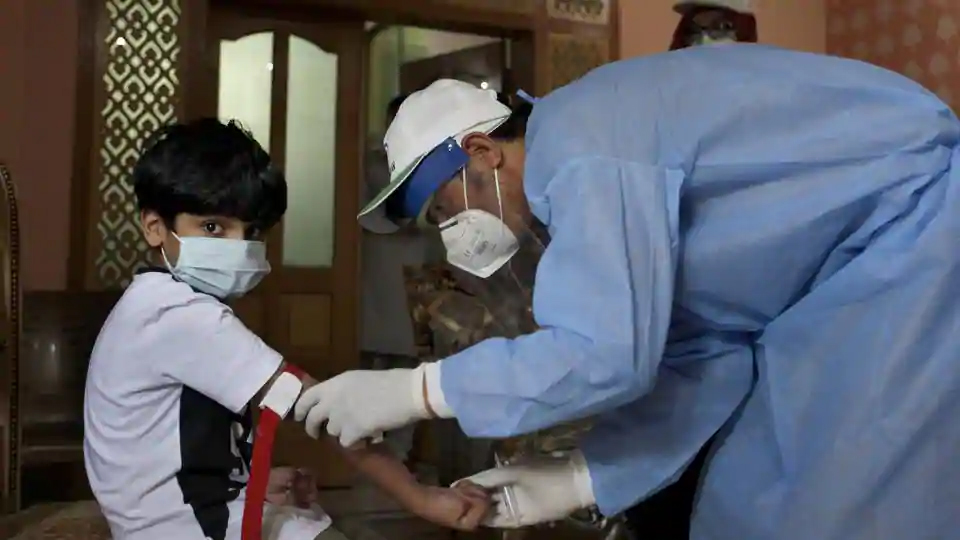A top Pakistani health official asserted that the government is following a “holistic” strategy to deal with the Covid-19 pandemic. Special Assistant to the Prime Minister on Health Dr Zafar Mirza, however, ruled out adopting World Health Organisation’s (WHO) recommendation of implementing a two-week strict lockdown, intermittently, to stem the exponential spike in the coronavirus cases.
“We have made best sovereign decisions in the best interest of our people. We have to make tough policy choices to strike a balance between lives and livelihoods,” Mirza said on Wednesday on the government’s decision to ease lockdown when cases are increasing.
He said that Pakistan has consciously but gradually eased generalised lockdowns but at the same time has focused on enforcement of standard operating procedures (SOPs) in shops, industry, mosques and public transport.
Mirza said Pakistan’s choice of policies has been guided by the best evidence available about the disease spread and the best assessment of the fast deteriorating socio-economic conditions in the country.
“WHO is a UN specialised technical agency on health… we understand that it is their role to provide recommendations to member states but understandably theirs is the health lens, whereas governments have to take into account a holistic picture and make decisions on relative risk assessment basis and this has been the case in Pakistan all along,” he said.
Mirza said that the government has made wearing face masks compulsory. It has also developed a robust tracing, testing and quarantine policy to identify hotspots and cordon-off them, he added.
Several media outlets in Pakistan reported that the WHO had written a letter to the health minister of Pakistan’s Punjab province last week, in which the global health body said that the virus has spread all over the country, and a large number of cases had been recorded in big cities.
The letter appreciated Pakistan’s efforts in fighting Covid-19, but warned that recent statistics suggest its current strategy was not paying off.
It recommended that the government adopt a two-week-on, two-week-off lockdown, as it offered the most chance of continuing economic activities while ensuring public health, media reports said.

